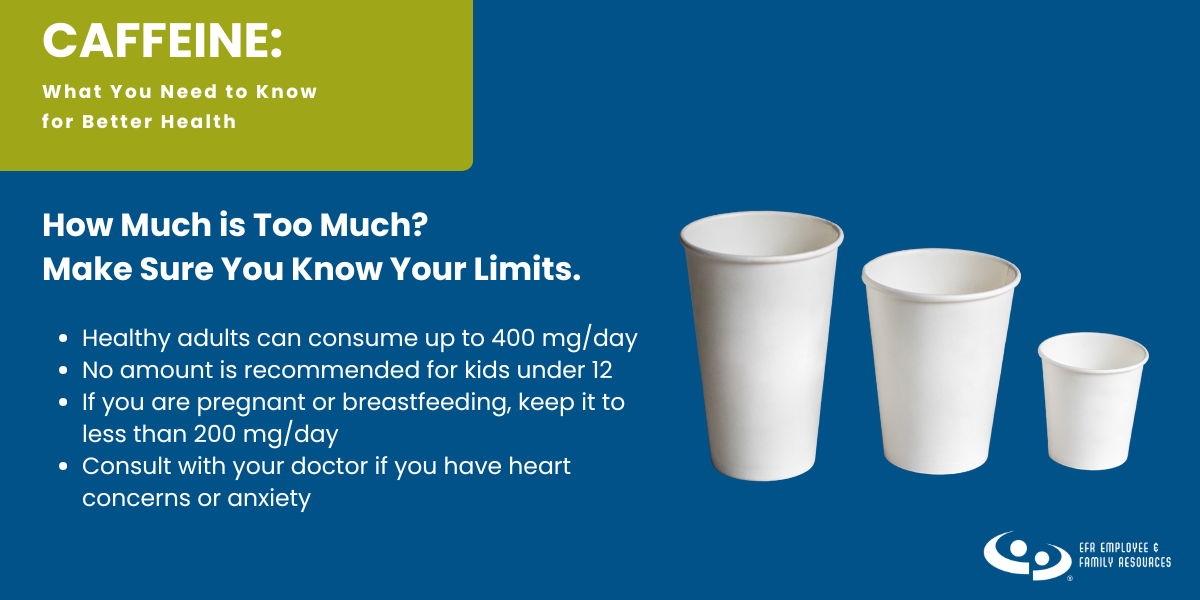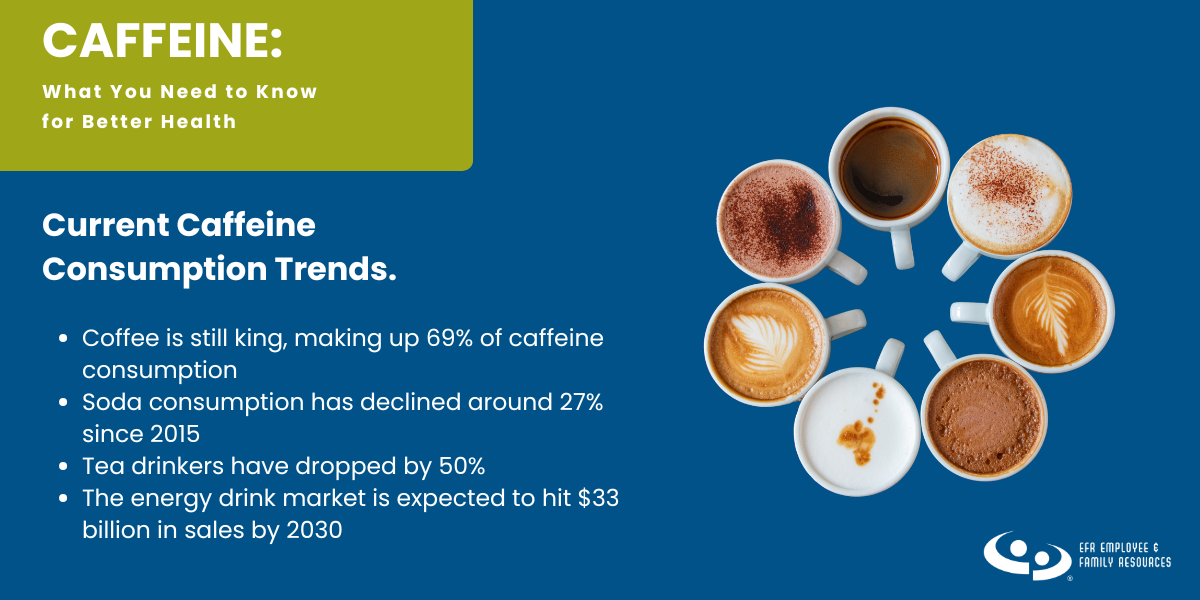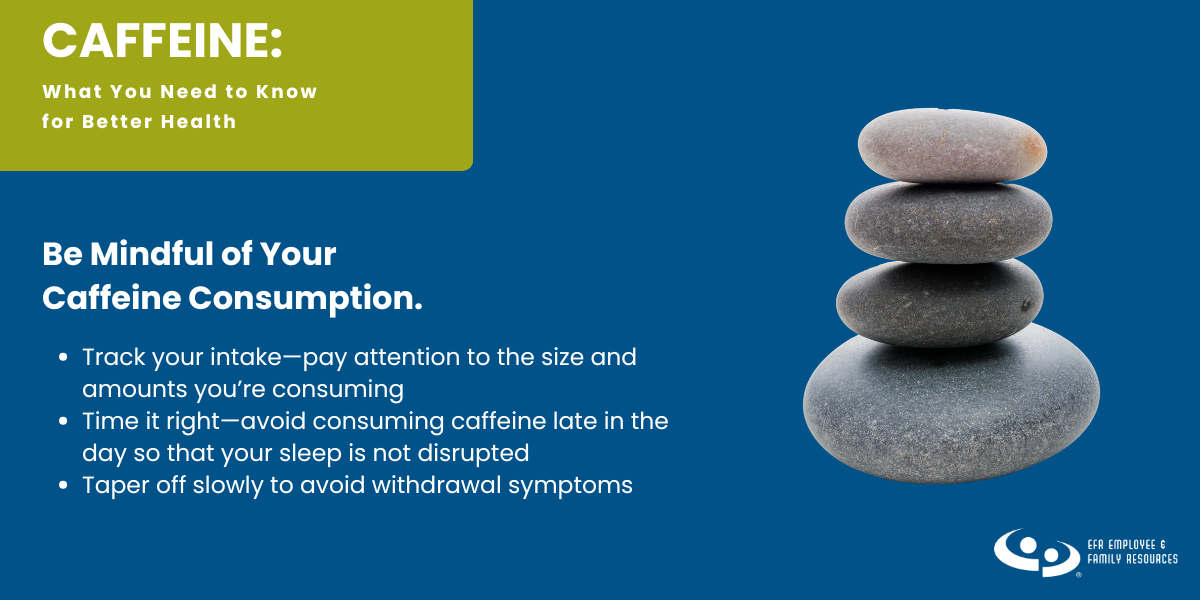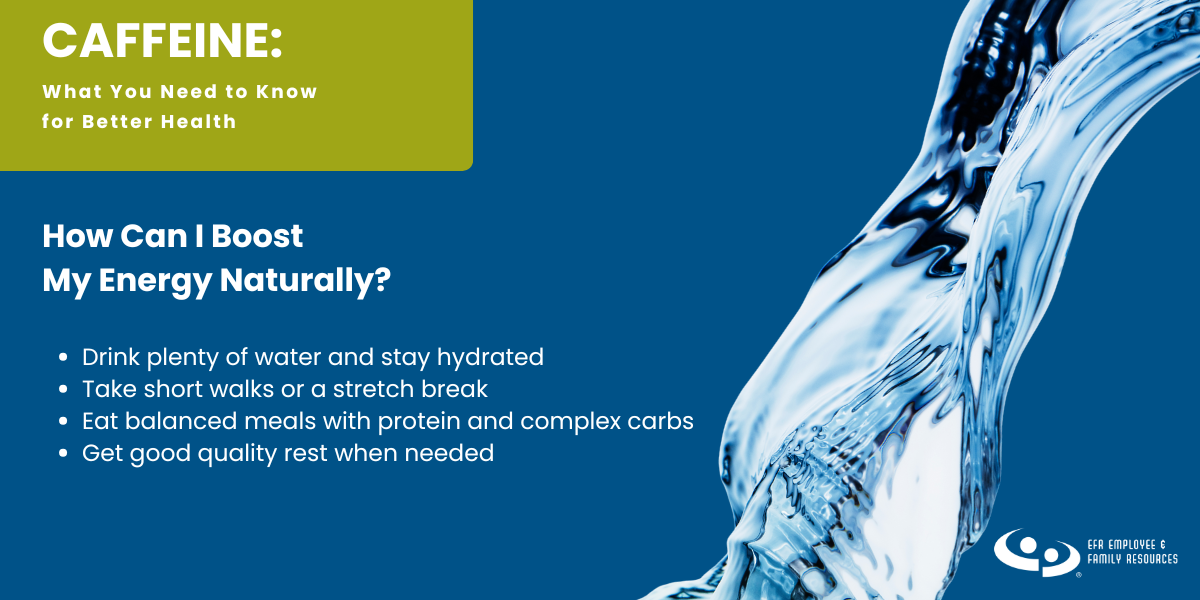Understanding the Mind-Body Connection
The mind and body are intrinsically connected- how you think informs how you feel, and how you feel informs how you think. Your mind is a powerful tool that can help or hurt. For example, if you are sick with the flu, you may experience the physical symptoms of fever, cough, and body aches. These physical symptoms can affect you mentally. You may feel depressed about missing a social event, or anxious about falling behind at work. These feelings can impact the decisions you make to treat your illness. Strong negative emotions can cause your body to release stress hormones that suppress your immune system. Conversely, if you have a positive outlook, your body is more likely to release endorphins that strengthen your immune system. By refocusing physical resolutions to include whole-body health, you can build strong habits that are sustainable throughout the year.
Reframing Your Mindset To Fuel Your Success
Setting resolutions is the spark that can ignite lasting change, but it’s time to reframe how we think about our goals. The pressure we place on ourselves to achieve lofty resolutions backfires by inducing stress and anxiety. This activates the amygdala, the part of the brain responsible for processing threats, and hijacks the prefrontal cortex, which is responsible for problem-solving. We self-sabotage our goals before we have a chance to begin them!
Thankfully we can harness the power of positive thinking and gain what leading expert on happiness and positive psychology expert Shawn Achor calls “the happiness advantage.” Research shows a positive mindset can increase dopamine production, a chemical responsible for engaging the learning center in the brain. This enables us to be more productive, creative, and able to navigate challenges. A common misconception is happiness comes from experiencing success. In reality, the opposite is true- happiness fuels success. By refocusing our goals to include the cultivation of a positive mindset, we can improve our mental health and set a solid foundation from which to build our resolutions. Here are some ideas to help you begin building a positive mindset:
Practice Gratitude
Gratitude is thankful acknowledgment and appreciation for the things we have. Instead of focusing on what we lack and desiring certain items or outcomes to be happy, gratitude redirects our thinking to all the positives in our lives. Cultivating an attitude of gratitude takes time, but with practice, it becomes easier. Try keeping a gratitude journal, writing thank-you notes, or even thanking someone mentally!
Mindfulness Matters
Mindfulness is an approach that keeps us grounded in the present moment rather than caught up in future stressors or past ruminations. Practicing mindfulness can help you become more aware of your thoughts, emotions, and physical sensations, the connection between them, and how they affect your actions. To practice, find a quiet space free of distractions and sit in a comfortable position. Focus your attention on the breath and follow it as it enters and leaves your body. A wandering mind is expected- each time your mind wanders, notice where it has gone and redirect your focus back to the present moment. The goal of mindfulness is to pay attention to the present moment without judgment. With practice, this becomes easier and, over time, you will be able to think and act with intention rather than being stuck on autopilot.
Incorporate Exercise
Because the body and mind are connected, it shouldn’t come as a surprise that moving your body has physical and mental health benefits! Exercise releases endorphins, or the “feel-good” chemicals in your brain, which contribute to improved focus and attention. By incorporating elements of mindfulness with exercise, you can break cycles of negative thinking. Practicing mindfulness while exercising could look like focusing on how your muscles expand and contract as you go for a walk, noticing the sensation of wind on your skin, or observing your pattern of breathing. There is no need to spend hours pumping iron at the gym- 30 minutes of moderate exercise five times a week is enough to reap the benefits.
By recognizing the connection between your mind and body and incorporating mental health into your physical health goals, you can set yourself up for success in the New Year.







